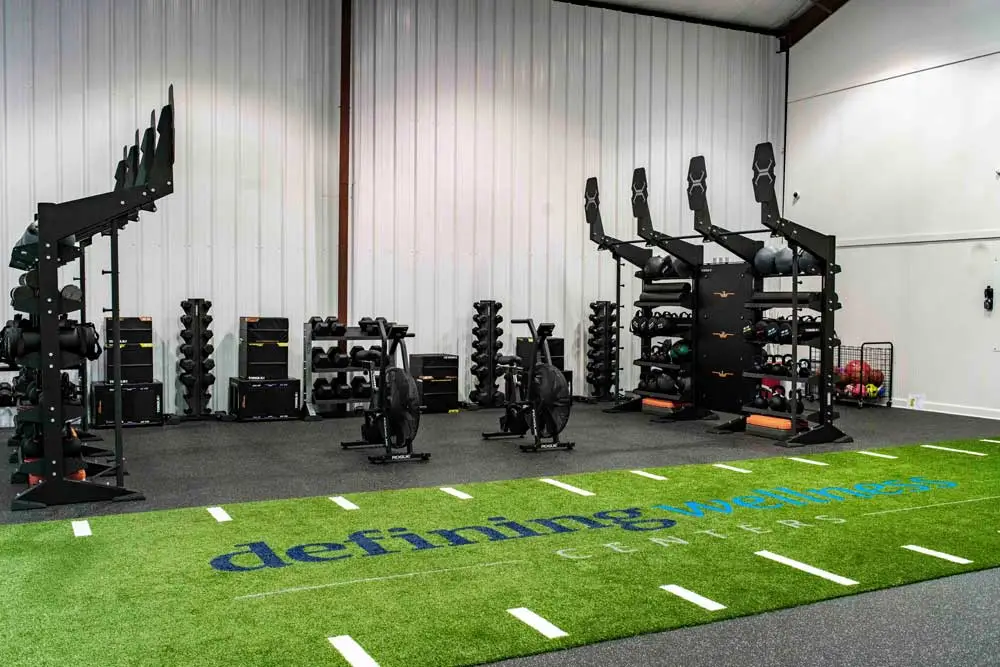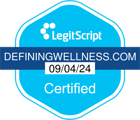There’s no doubt that working as a medical professional is one of the most stressful careers around. Taking responsibility for people’s health — and at times their lives — isn’t something that everyone’s cut out for.
Yet, these superheroes of the modern age are just as prone to human weaknesses as we all are. They get tired, they get sick, and they suffer from addiction too.
In fact, recent studies show that healthcare professionals may have a slightly higher incidence of addiction than the general public.
What’s more, addiction often goes undetected in this field. Often many cases, health professionals can continue as highly functional alcoholics. Sometimes, long after their personal lives have deteriorated into chaos.
That doesn’t mean they don’t deserve the same care and attention that other addicts need in order to find recovery.
Additional Risk Factors for Health Care Professionals
To those working in the health care field, stress is a daily fact of life. As a doctor, nurse, or dentist, you could experience numerous stressors all at the same time. Some of the most common ones are:
- Irregular hours
- Long shifts
- More patients than you can handle
- Severe time constraints
- Unrealistic budgets
- Threat of malpractice
- Overwhelming feelings of responsibility
- Compliance with complicated insurance policies
- Risk of exposure to disease
- Dealing with emotional and sometimes aggressive patients and their families
What’s more, overburdening yourself with duties and responsibilities is a norm in the field of medicine. Wearing yourself out on behalf of others is a long-held tradition in medicine. It’s even regarded as a badge of honor.
A 2014 study revealed that up to 69% of healthcare workers experience unusually high levels of stress as a matter of course.
Due to their training, healthcare workers also experience higher levels of feeling in control of their drug use. This can prevent them from seeking addiction treatment when needed.
They also have easy access to prescription drugs in huge quantities and can thus self-medicate more readily than the man on the street. When you have the power to write out prescriptions, it’s simple to get access to medication. This includes addictive drugs like opioids, anti-depressants, and anti-anxiety medications.
Repercussions can be severe for medical professionals. Falsified prescriptions or a sense of failure and shame may prevent them from seeking out drug and alcohol rehab timeously. As a result, they become adept at hiding their shortcomings until things start to fall apart at work.
Tell-Tale Signs of Addiction
If you think you or someone you know has a drug or alcohol problem, it’s vital that you find help before someone gets hurt or loses their license in a malpractice suit.
These are the symptoms of addiction to look out for:
- Working late to get easier access to drugs or earn overtime to pay for an alcohol or drug habit
- Borrowing money despite earning a good income
- Wearing dark glasses or long-sleeved shirts at inappropriate times
- Spending an unusual amount of time in the medication room or bathroom
- An increase in mistakes at work
- Missing important appointments and meetings
- Mood swings or erratic behavior
- Increased sick leave, tardiness, and absenteeism
- Complaints from co-workers, patients, or family members
If you or a colleague are doing any of these things, it’s time to find help. There are many doctors’ healthcare and rehab facilities geared to help those in the medical field.
Addiction Treatment for Healthcare Professionals
The unique circumstances that surround health workers mean they need unique addiction recovery services.
For starters, it’s imperative that healthcare workers experience the utmost discretion when they seek treatment. A breach of confidentiality could have serious legal and career repercussions for them.
They also need to learn a specific set of coping behaviors to ensure they don’t fall back into the trap of addiction when they return to work. These include learning how to:
- Restore their damaged reputations
- Return to work in a professional practice
- Address any disciplinary and licensing issues
- Stay away from potential triggers at work and home
- Deal with stress constructively
Due to the nature of their work, it’s likely that health professionals may need more intensive monitoring and aftercare than most addicts do.
Healthcare professionals need specialized care, like firefighters, first responders, and law enforcement officers. Addiction treatment programs run by people who are familiar with the unique circumstances and challenges involved in these professions are the best way to find relief from addiction.
Often, this type of worker suffers from underlying psychological side-effects of their work, such as depression and anxiety. So, it’s important to treat these co-occurring disorders when addressing addictive behavior too.
The right treatment program will assist health professionals to uncover all the factors fuelling their addiction and help remove any obstacles to their recovery.
When all the above factors fall into place, most healthcare professionals stand a better than average chance of recovery.
Doctors and nurses can experience exceptional levels of job satisfaction. They just need to learn how to negotiate the obstacles associated with their profession.
The Road to Recovery for Health Professionals
There’s no reason to lose your license or damage your reputation thanks to addiction. All addicts deserve a chance to discover the peace of mind that recovery brings.
If you’re involved in healthcare and you need a quiet place to regroup and recover, please get in touch and let someone take care of your needs for a change.
Defining Wellness Treatment Centers guarantee an exclusive, comprehensive, and discrete road to recovery for healthcare professionals. Call today to learn more about how Defining Wellness Centers can help you [phone]























